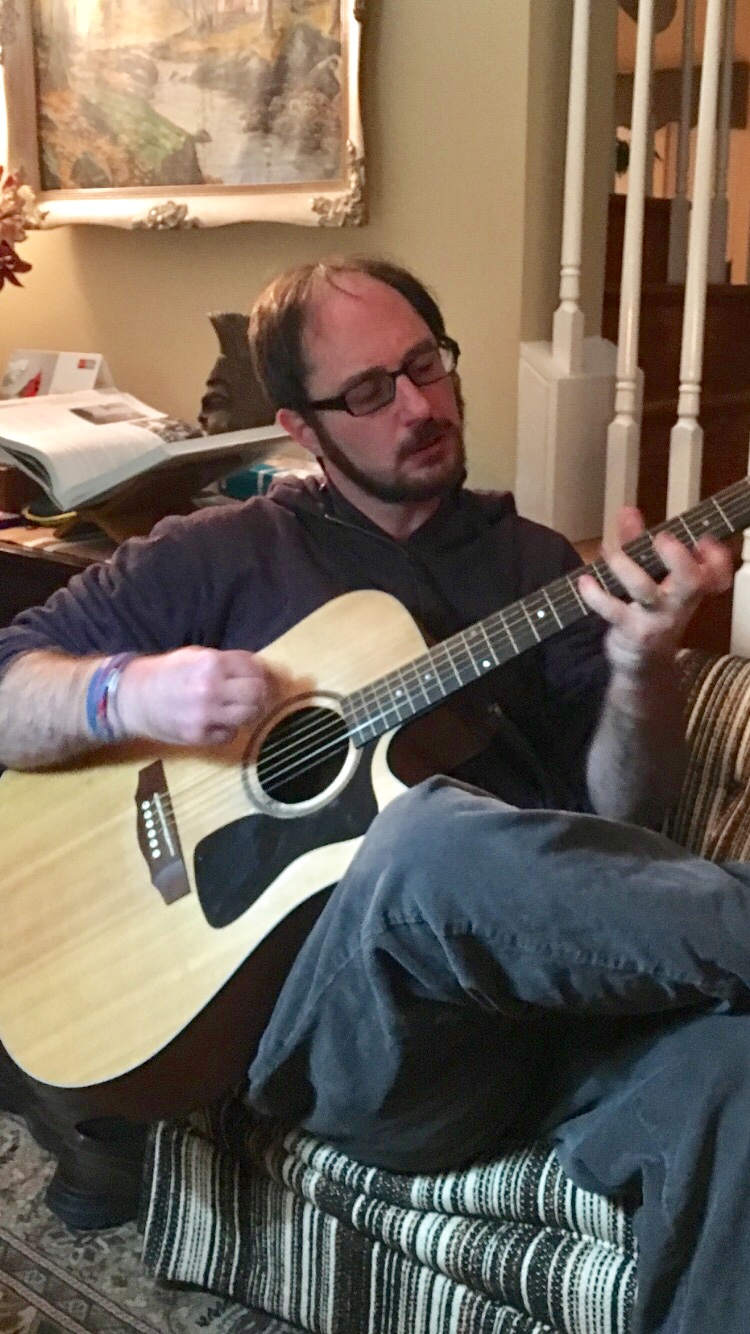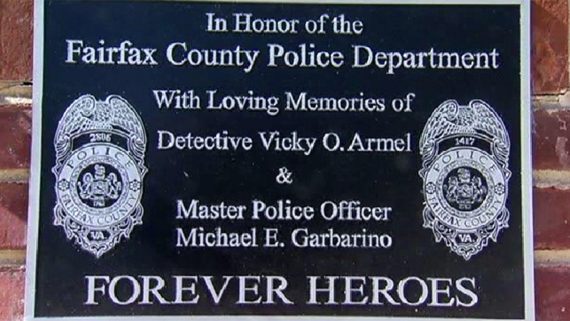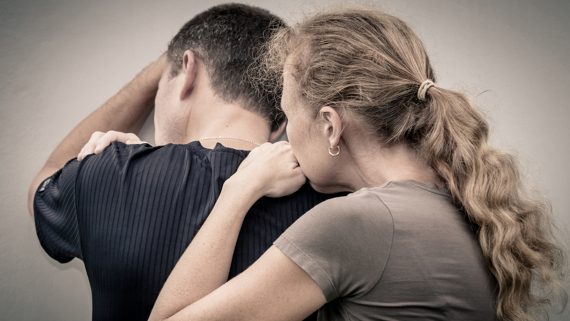
(5-11-18) Pat and Jerry Wood insist their adult son’s death could – and should – have been prevented. Instead, on this coming Mother’s Day weekend, the family will be holding a private memorial for Brian Patrick Wood. Their account is one of the most disturbing examples that I have read about barriers to treatment – not only in Virginia – but across our nation. (Their son’s death happened in Loudoun County. I recently posted a blog from a distraught father who complained sheriff’s office deputies arrested his son after he’d called them for help. The sheriff responded in a follow up blog.)
Our Son’s Preventible Death – An email to Pete Earley from Pat and Jerry Wood
Dear Pete,
On March 22, our son, Brian, took his own life. My husband and I very strongly believe that Brian’s suicide could have been prevented if the first group of medical responders and sheriff officers who we called had acted appropriately.
What follows is a reconstruction of events to the best of our recollection and a question as to why officers who responded to our 911 call did not exercise their authority to use an ECO (Ref: Emergency Custody Order that allows a person to be taken to a hospital against their will in Virginia) to assist our son who clearly did not have the clarity of thought to act in his own interest.
As Brian became increasingly delusional and paranoid over a period of months, he called the (Loudoun) sheriff non-emergency number several times.
Brian had called them when he lived in an apartment in Leesburg and continued to do so when he moved to our house in Sterling. Officers had come to our house in Sterling to investigate imagined break-ins and “suspicious people” loitering around the house at least twice or three times in the 2-3 weeks prior to Brian’s suicide.
Deputy Suggests Family Get ECO On Their Own
Deputy P. Brick (#3198) responded to these calls several times and became acquainted with Brian and his mental health status. Because Brian did not present himself as being a danger to himself or others during these calls, Deputy Brick told us that he could not take Brian in for a mental health evaluation and we agreed with him at that time. The last time Brian asked officers to come to the house, Deputy Brick suggested trying to get an ECO ourselves from the magistrate on the grounds of “inability to care for self”. Please note that Brian had been hospitalized in Loudoun County several times over a 7 year period and had a history of being taken in by the sheriff’s office through emergency custody orders issued on our behalf by the magistrate. He had also been taken for mental health evaluations several times directly by the sheriff’s officers because of complaints by neighbors or, in one case, because of a domestic assault.






